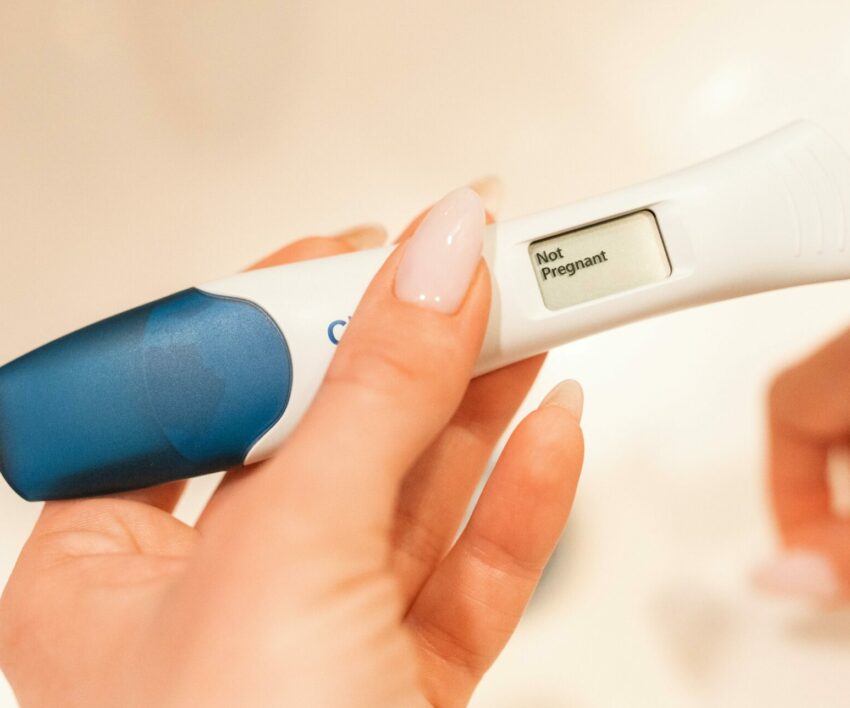
As someone who isn’t looking to have children just yet, could it be possible that the real reason you don’t have them even though you’ve been wildin’ without protection is that you are infertile? Or maybe you consider it as pure luck, how could you be sure?
For those who are on a journey to starting a family, every month can feel like a waiting game, filled with hope, excitement—and sometimes, frustration. For many couples, questions around fertility start to surface as the months go by without a positive result. But how do you know when it’s time to be concerned?
Understanding the signs of potential infertility can help you take the next steps with confidence. The Cleveland Clinic states that age-related decline in fertility is more rapid in the mid to late 30s and 40s, with a 20% chance of getting pregnant by age 40.
It is further mentioned that other women with irregular or absent menstrual cycles, endometriosis, pelvic infections, tubal ectopic pregnancy, abnormal semen analysis, erectile problems, vasectomy surgery, and multiple miscarriages should also seek help.
According to Supernutritious, hair growth can change in infertile individuals due to hormonal imbalances, affecting both men and women. It is said that women may experience increased testosterone or decreased estrogen, while men may experience balding or hair loss.
“In men, one of the most common symptoms of infertility is pain or discomfort in the testicles. This can indicate a more serious underlying health condition, like an infection or the development of scar tissue. Depending on the exact cause of the pain, it may block the passage of sperm or prevent the male reproductive system from producing sperm altogether, making it impossible to impregnate a partner.”
Other signs according to Medical News Today, include menstrual blood that is paler than usual, often bright red at the beginning of a period, which may indicate endometriosis. “Having an irregular cycle, including missing periods, can contribute to infertility, as it means a woman may not be regularly ovulating. Ovulation is when the ovary releases an egg.”
The above source also claims that erectile dysfunction, ejaculation issues, and changes in testicles can all indicate hormonal changes, and psychological or physical issues affecting male fertility.
“Swollen, painful, or tender testicles may be a sign of an underlying issue, such as an infection, that can also impact sperm quality and male fertility.”




